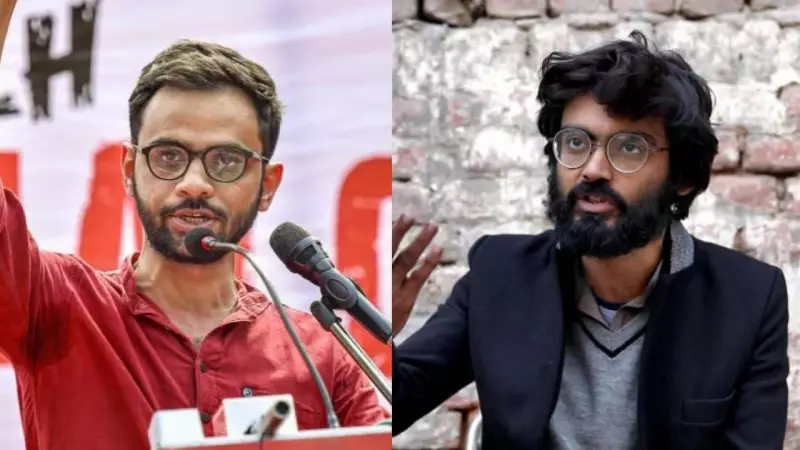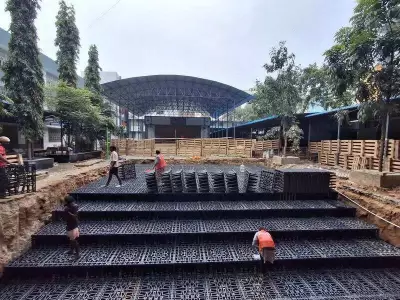
Delhi Police has strongly opposed the bail applications of several accused in the 2020 Delhi riots case, including former JNU student leader Umar Khalid and activist Sharjeel Imam. In a significant development before the court, the prosecution described the violence as a meticulously planned assault on national sovereignty.
Key Arguments Against Bail
Solicitor General Tushar Mehta, representing the prosecution, presented crucial arguments before the court on Tuesday. Mehta insisted that the February 2020 riots were not Delhi-centric in their planning, suggesting a broader conspiracy behind the violence that claimed 53 lives and left hundreds injured.
The prosecution emphasized that the riots could not spread further primarily due to the timely intervention and efforts of security agencies. This argument forms a cornerstone of the state's case that proper law enforcement action prevented an even larger catastrophe.
The Sovereignty Argument
In one of the most significant statements made during the hearing, the prosecution characterized the Delhi riots as a 'well-designed attack on sovereignty'. This framing elevates the legal interpretation of the events from mere public violence to an assault on the nation's fundamental structure.
The arguments presented on November 18, 2025, mark a crucial phase in the long-running legal proceedings that have continued for over five years since the violent clashes occurred in northeast Delhi.
Legal Proceedings and Implications
The bail pleas of Umar Khalid, Sharjeel Imam, and other co-accused face stiff opposition from the prosecution. The court hearing saw detailed arguments about the nature of the conspiracy and the roles allegedly played by the accused.
The prosecution's stance suggests they view the accused as central to what they describe as a larger conspiracy behind the riots that occurred during protests against the Citizenship Amendment Act.
As the legal battle continues, the court's decision on these bail applications will have significant implications for the broader case and the interpretation of the events that shook the national capital in early 2020.





